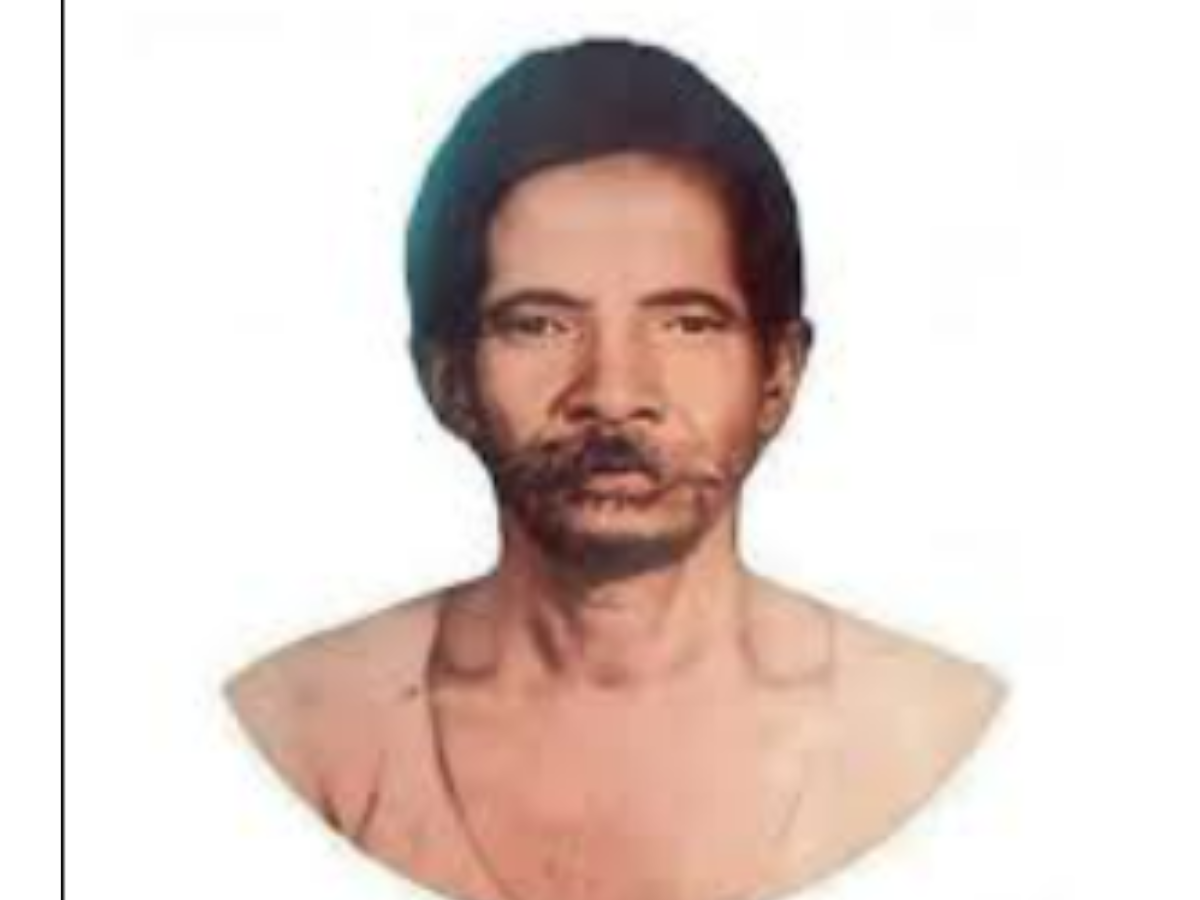
tribal freedom fighters
Sardar Ganjan Singh Korku , madhya pradesh
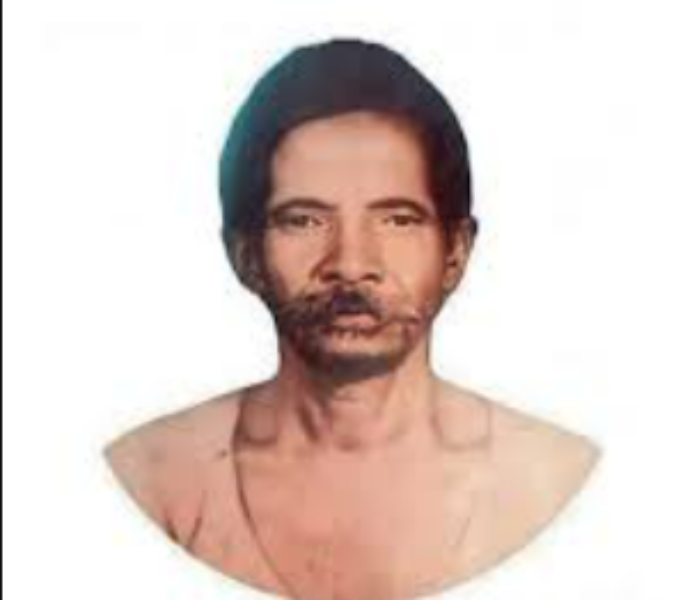
Coming from the Betul district, Sardar Ganjan Singh Korku was a prominent leader in the indigenous opposition against British colonial troops. Born in Banjari Dhal, he became an important leader during the 1930 Jungle Satyagraha campaign. His bravery motivated many tribal people to challenge oppressive forest regulations enacted by the British, therefore establishing him as a representative of indigenous resistance in India's liberation movement.
Sardar Ganjan Singh was Korku, an Adivasi group mostly found in Madhya Pradesh and sections of Maharashtra. Known for their distinctive cultural practices, this tribe usually adept in agriculture and forestry-related tasks values community governance. As an important part of the tribal independence movement, the Korku people actively opposed British forest controls that limited their means of subsistence.
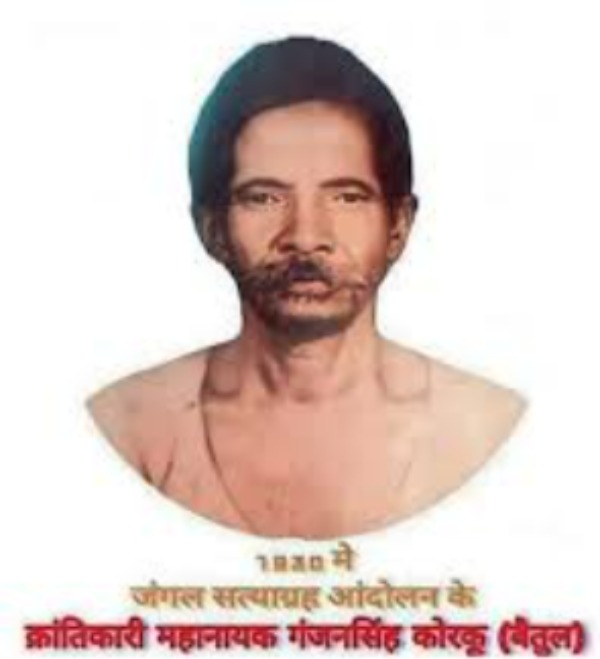
Pic 3. Prominent Korku Leader Singh was in charge of the Jungle Satyagraha in 1930 following the arrest of Deepchand Gothi. In protest, he breached British forest regulations with a gathering of more than 500 tribal people, causing conflict with the police. With later police opposition causing Singh to temporarily flee and be arrested, his leadership brought together tribes throughout the area. This act of defiance highlighted the part the tribal people played in the fight for liberation.
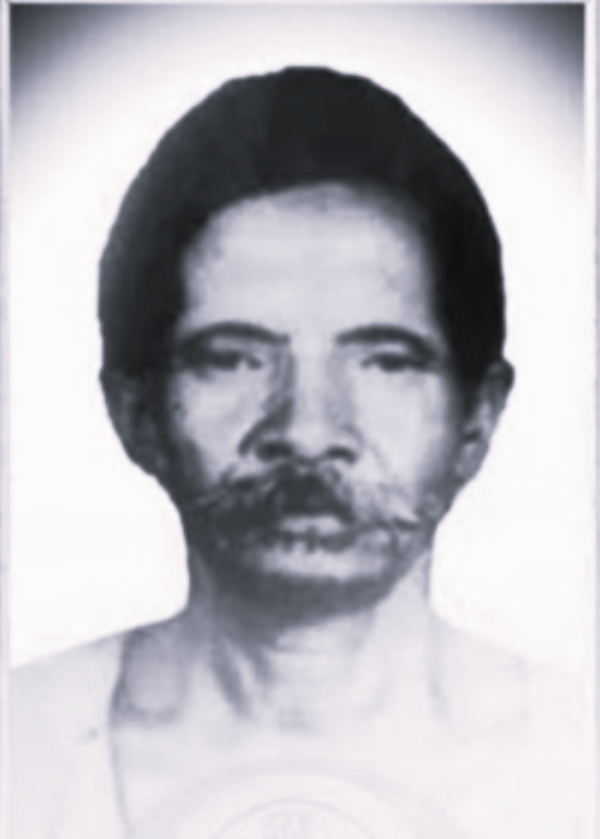
Singh, who hails from the Korku tribe, attracted a lot of notice from British officials for his leadership in Betul's tribal regions. Following the Satyagraha, he was detained in 1930 and given a five-year jail sentence. He was released after eighteen months, though, thanks to the resiliency and support of his neighborhood. His imprisonment and this hard trip bring attention to his dedication and courage as an unsung hero of India's liberation movement.
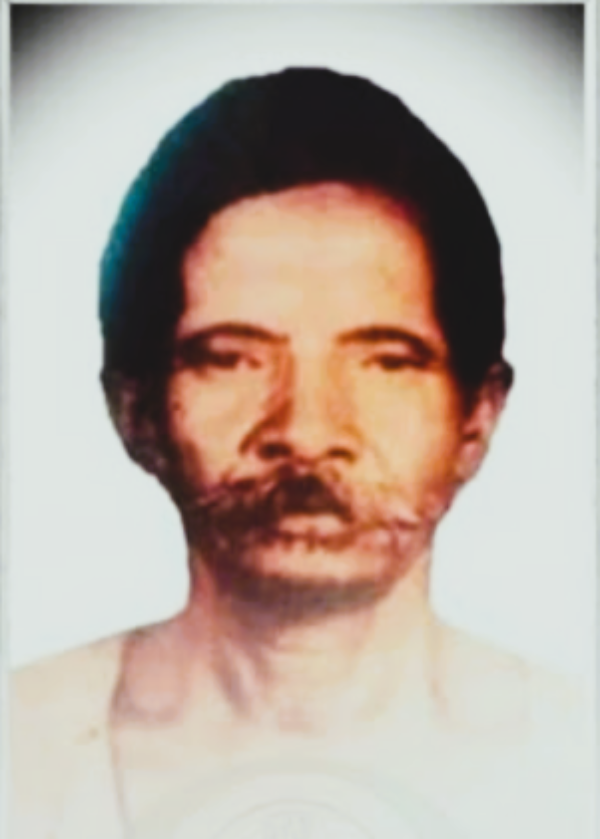
Sardar Ganjan Singh Korku was not only opposing British oppression; his acts also brought his people together. His struggle brought to light India's independence movement's particular problems and points of view of indigenous people, therefore honoring their sacrifices. Especially at the Ranipur Police Museum, which highlights tribal contributions to the independence fight, Madhya Pradesh honors his legacy.


